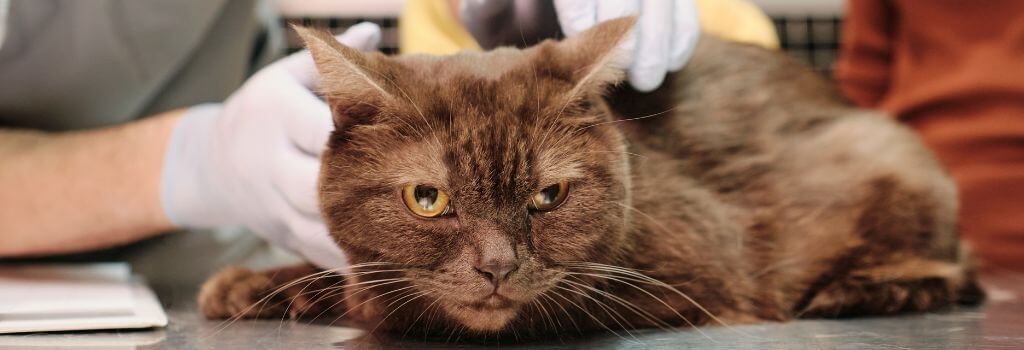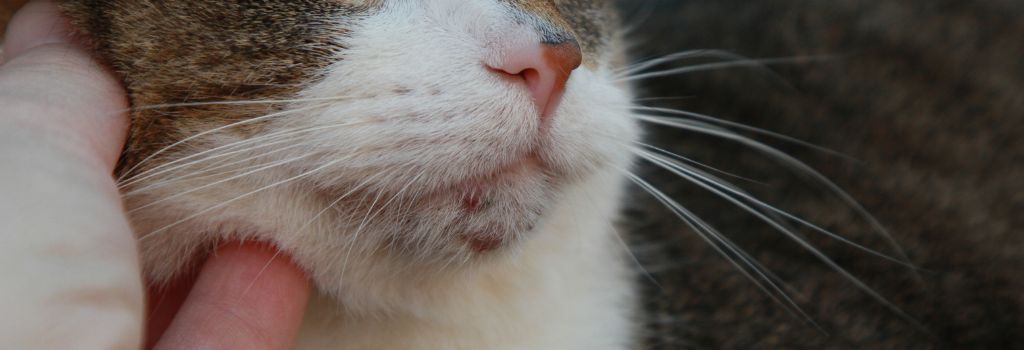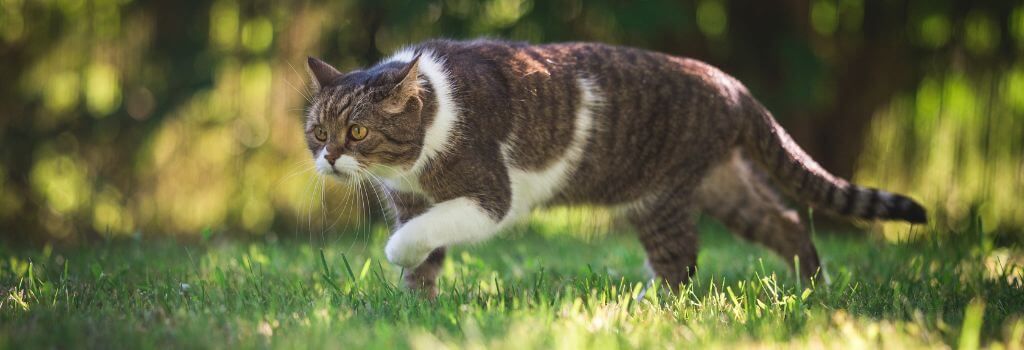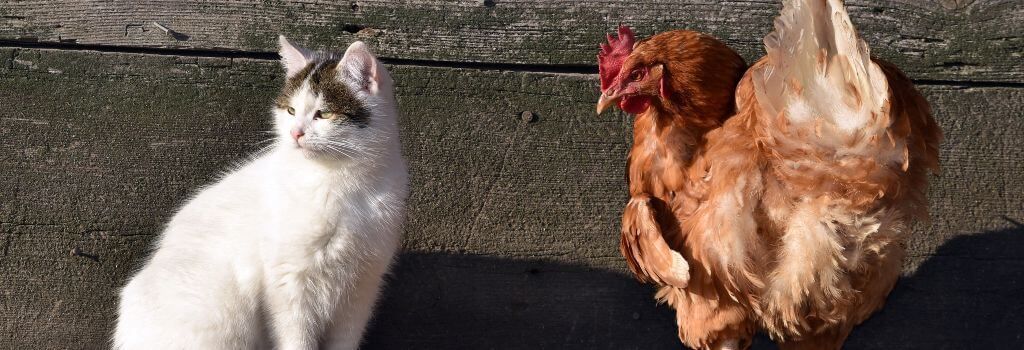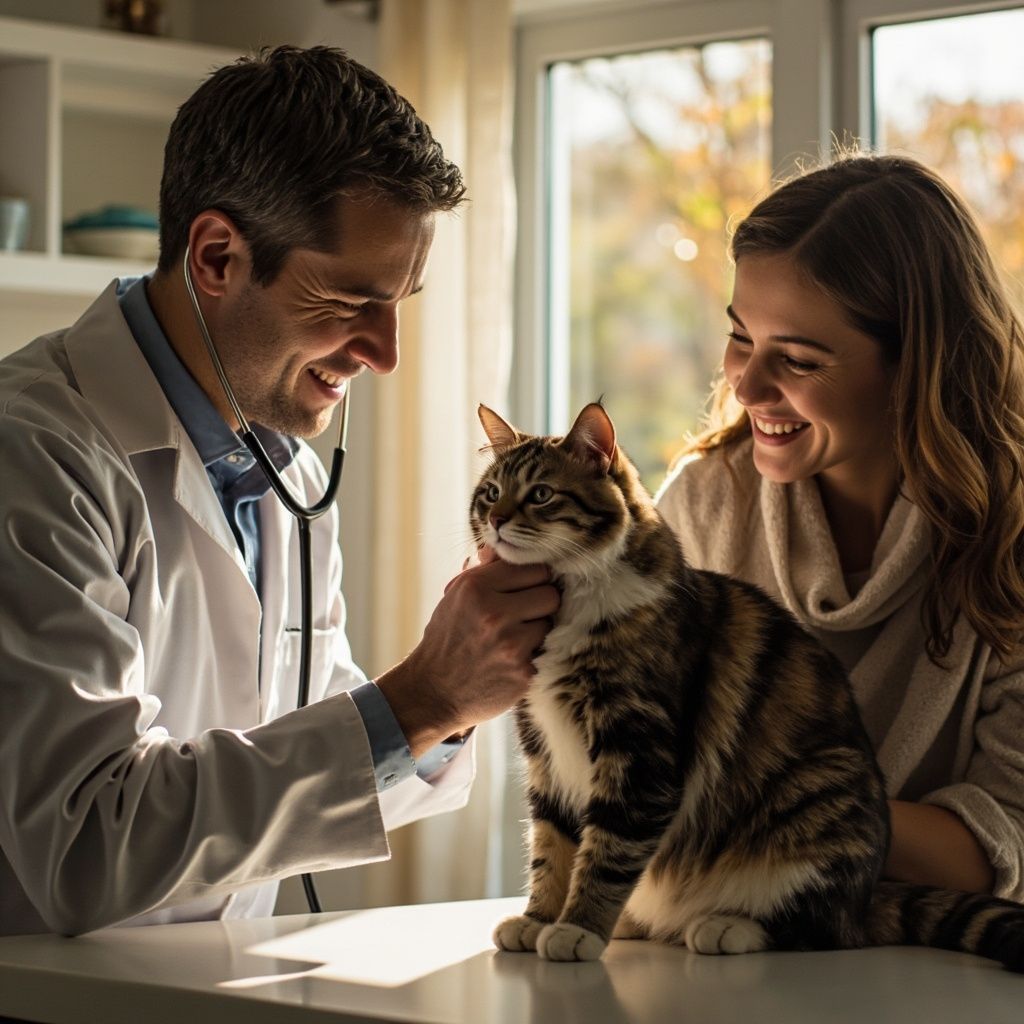Rainbow Bridge Remembrance Day: What to Know About Euthanasia
With Rainbow Bridge Remembrance Day approaching on August 28, we thought we'd touch on a subject that surely isn't one that any of us like to think about - pet euthanasia. Anyone who has ever owned a pet knows that they become not only part of our families but also part of our hearts, so losing a cat or dog can be absolutely devastating. If you know, however, that the time is likely approaching for you to let go of one of your senior pets , it can help to know more about what's in store. The overall procedure might vary slightly from practice to practice, but we give you a general idea of what you can expect from pet euthanasia below.
What are some telltale signs that it might be time to let a pet go?
The ultimate decision has to be based around not just the pet, but also the family. Oftentimes, the pet will have good days and bad days, which surely makes the decision all the more agonizing. But if the bad days are such that people aren't always available to carry the dog outside, for example, and the dog loses its dignity and has to soil itself in the house, that is something to take into consideration. So it's really a matter of finding a balance between the burden on the family and the quality of life for the pet.
It has to be the right time for everybody. We don't want to rush it. On the other hand, we don't want to let it degrade to the point that the patient's comatose and seizing and having all sorts of problems. Hindsight is always 2020 but some people do hang on perhaps a bit too long and inadvertently cause more pain than was necessary. It's something that your veterinarian will be able to work with you on and help you with that decision. You might begin to assess the situation on a day-to-day basis, asking yourself, "What's the quality of life here? Is the dog or cat or other pet interacting with you like they normally would? Are they able to maintain some sort of a normal semblance of a lifestyle?
The more they're able to do that and the more they're joyous, it's another day, another meal, and another opportunity to be with Mom and Dad. Of course, you want them to hang on but if they're in agonizing pain and soiling themselves and refusing food, they're trying to tell you what their decision is...as heartbreaking as that is.

Are there different methods of euthanasia for pets?
Typically, the veterinarian will place an IV catheter and very slowly give a drug that takes away cognitive function, depresses respiration, and then ultimately stops the heart. Some patients want their pets to be sedated, but a lot of clients want to be with the pet. If the pet is sedated, these people feel like they're being robbed of those final moments and the opportunity for them to let their beloved fur baby know that, "Hey, I'm here for you." Most veterinarians will work what you want in those situations.
Do pets suffer when euthanized?
Veterinarians diminish the cognitive functions and then release their inhibitions, so it's not painful at all. Sometimes they will vocalize just because they're feeling the effects of the drugs. It's not common, but it can happen, and it does not indicate pain.

How do I prepare my pet for euthanasia? Is there anything I can do?
Just be there for them. If they're soiled and they're okay with being cleaned up and they enjoy that, that's fine. If they're not necessarily in the best presenting manner and they don't really want to be messed with, be cautious about doing anything that would increase pain.
Also, protect yourself if they are going to reach out or lash out at you because you picked them up or tried to move them in the case of a car accident or the like. If you have one, use an Elizabethan collar on them or slip a basket muzzle over the nose or something. Even dogs that have been known for their gentle dispositions can bite when they are in pain or scared. And if there's a bite incident that occurs just prior to euthanasia, there's a special required procedure that involves submitting brain tissues to local laboratories. So, ideally, you obviously don't want any bites to have occurred in the past 10 days.
Just be cognizant of what their needs are. If they're having breathing difficulty, of course, you don't want to carry them. The way you carry them is really important. You would support them between the front legs or put them on a flat surface and carry them in on that flat surface so they can position themselves. The reason for this is that breathing difficulty can occur with congestive heart failure dogs or lung-collapsed individuals where there's fluid in the chest. If you support them under the belly, it's hard to breathe.
How long does the procedure take?
This is something that most veterinarians understandably don't want to rush, so they're not going to schedule you 15 minutes for the clinic closes. You'll typically be asked to come in about an hour early because the vet will want to explain what's going to occur.
Then the IV catheter is placed. Sometimes the clients want a little bit of time at that point and then when we actually do the injection. If the heart and circulatory systems are working well and the patient's not in shock, it's a matter of usually less than a minute until the pet is totally unconscious, respirations are depressed, and the heart is stopped. It's shockingly quick, and many clients are surprised by this fact, so it's something veterinarians will try to make you aware of before the procedure begins.
What to expect here at Advanced Animal Care: 
We have a private room here at Advanced just for families to say goodbye to their beloved pets.
We allow you as much time as you need to say your final goodbye, give good long hugs and mourn together as a family. Whenever the family is ready you can press the button to alert our Doctor that you are ready for her to come into the room. The doctor will come in and explain exactly what she is doing while doing it and your pet will drift off from this earth just like it was slowly going to sleep. Again you will have as much time as you need once the doctor steps out of the room to be together as a family. Once you are ready the staff will take care of all your final wishes as far as cremation goes and you will be able to leave.

Are there support groups for those who are grieving the loss of a pet?
Absolutely. You almost certainly have one in your area. It's a very difficult time. People are sometimes closer to their pets than they are to their family members because the pet is very forgiving, loyal, and they're always there. As veterinarians, we want people to recognize that euthanizing a pet is often one of the hardest decisions you'll have to make in your life but, in the case of extreme pain oh the part of your pet, also one of the bravest. If you have any questions about the euthanasia process or anything else, please don't hesitate to give us a call.
Recent Posts

